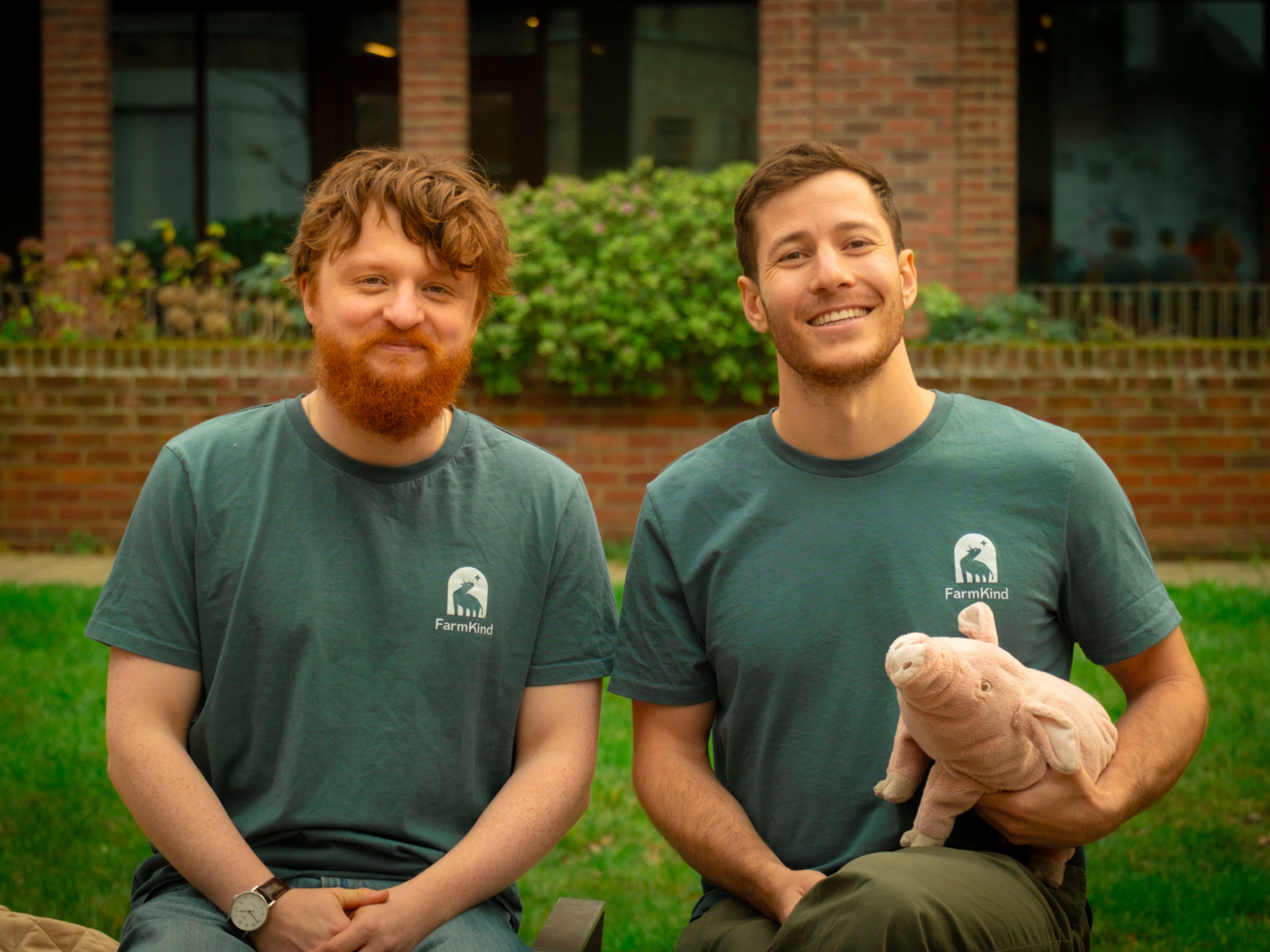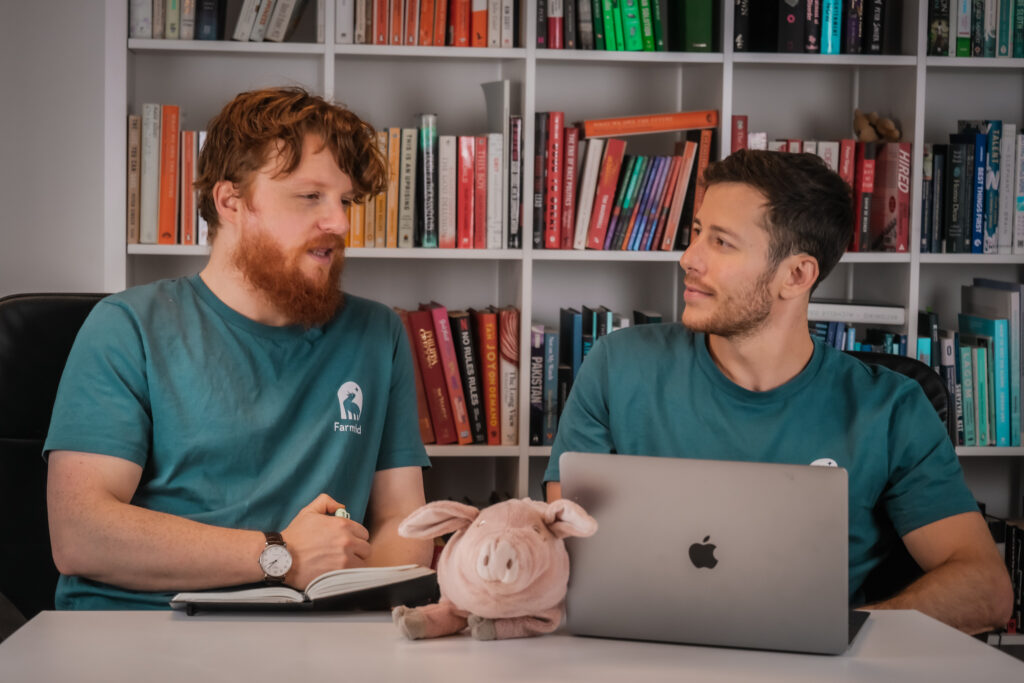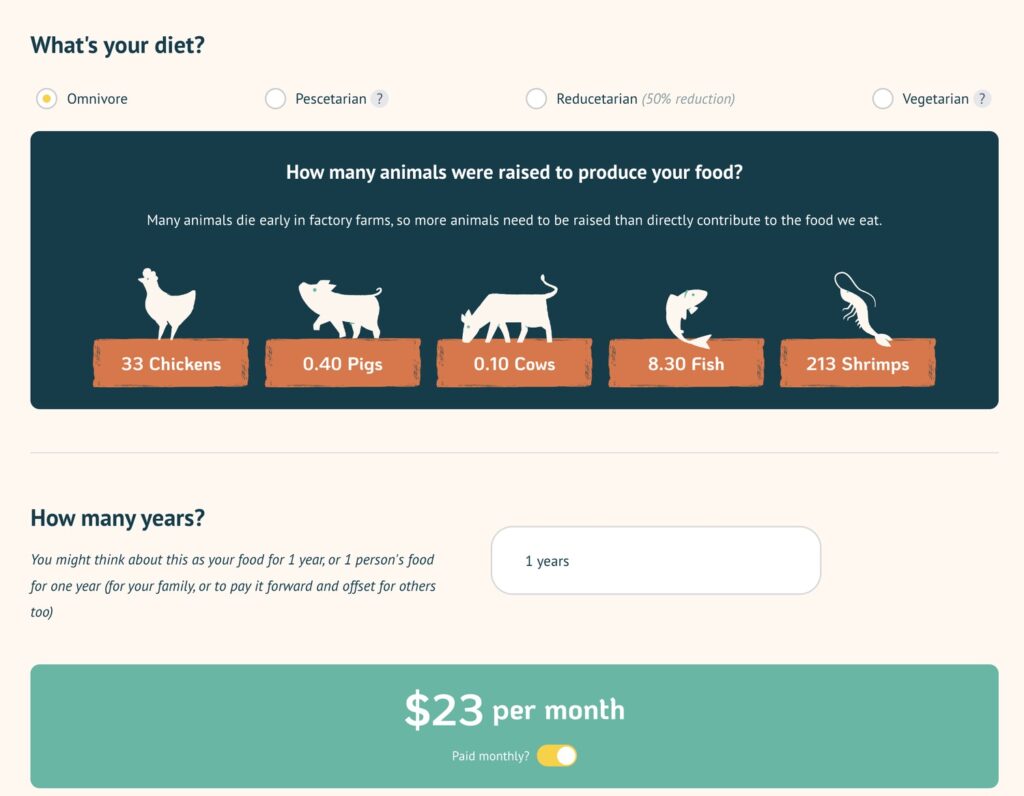
Just $1 can help avert a decade of animal suffering in factory farms. One podcast episode helped raise over $2M for some of the world’s leading non-profits advocating for better diets.
Most of the world’s meat and seafood comes from factory farms. According to one estimate, 94% of our animal protein supply is sourced from these concentrated feeding operations globally. In the US, this jumps to 99%.
Research has found factory farming to be the worst form of protein production across a number of environmental, social, and health metrics. It’s what spurs animal rights and future food charities to fight these systems, but they face a critical bottleneck: money.
Last year, this movement spent $260M to help shift our food systems away from industrial livestock farming. In contrast, the global meat market was worth $1.4T last year – if you take the 94% statistic, factory-farmed meat generated over $1.3T in revenue.
So $260M is a 0.02% drop in the bucket to combat the industrial meat machine. It’s why efforts to get people to reduce meat have largely gone in vain.
But this month, one fundraiser displayed the strength of the animal rights movement, stemming from an episode of tech podcaster Dwarkesh Patel’s show. With Lewis Bollard, farm animal welfare director at Open Philanthropy, as his guest, Patel announced that if his listeners donated $250,000 in total to FarmKind, a non-profit that distributes donations to charities fighting factory farming, he would match that.
“The welfare of animals on factory farms is so systemically neglected that just $1 can help avert 10 years of animal suffering,” he wrote.
That target was met within two days, after going a bit viral. And two weeks later, the fundraiser blew past its organisers’ expectations, having raised $2M (close to 1% of the total annual budget of the anti-factory-farming movement).
Who invested in FarmKind’s anti-factory-farming fundraiser?
“As Dwarkesh explains in the podcast, this cause is one he’d known was important, but had dropped off his radar for a while,” Aidan Alexander, co-founder and director of platform and charity recommendations at FarmKind, tells Green Queen.
“When he booked Lewis as a podcast guest, he saw it as an opportunity to try and raise some funds, but they needed an appropriate home for the fundraiser with a warm, welcoming brand for the general population – this is where FarmKind came in,” he says.
Alexander explains that Dwarkesh’s promise to match $250,000 in donations was redeemed within 48 hours. But that sent the ball rolling.
“Next, Patrick Collison, Stripe co-founder and CEO, added a further $250,000 in match funding,” explains Alexander. “When it became clear that the $500,000 total would also be fully redeemed, several prominent figures in the tech and finance world chipped in, adding an additional $500,000 to the matching fund, taking it to $1M.”
These included Arcadia Science co-founder and CEO Seemay Chou, Stellar Development Foundation’s Jed McCaleb (each of whom committed up to $250,000), XN founder and CEO Gaurav Kapadia (up to $100,000), Mobius founder Ariel Nessel, Lantern Ventures’s Tyler Maule and the Dahna Foundation (up to $50,000 each).
Overall, Alexander says hundreds of people made their first-ever donations to help farmed animals, reaching the $2M total 11 days after the fundraiser began.

Which charities do the funds go to?
“The money goes to whichever of our charities the donor selects, but the default option that almost all donors choose is our Impact Fund, which is made up of our six recommended charities,” says Alexander.
These are the Humane League, the Fish Welfare Initiative, the Shrimp Welfare Project, Sinergia Animal, the Good Food Institute, and the Danish Vegetarian Association. The latter three also form FarmKind’s Climate Fund. They’re chosen by the organisation after rigorous assessment and in tandem with expert grantmakers to “maximise the difference” the donations make.
“The Impact Fund is currently divided roughly six ways (with the proportions each organisation gets ranging from 14-17%),” notes Alexander “The funds will be used to scale their programmes that fight factory farming.
“Some of the main types of programmes are persuading governments to support the move to a fairer, kinder and more sustainable food system, helping companies to produce food without factory farming (making cruelty-free options better and more available), and winning corporate commitments to phase out cruel practices (like ‘battery cages’ for hens and confining mother pigs).”

Are dietary offsets better than advocating for veganism?
According to FarmKind’s impact calculator, the money raised from Patel’s podcast can reduce the suffering of around 26,000 cows, 835,000 pigs, 2.2 million chickens, 780,000 fish, and 420 million shrimp.
So far, FarmKind has raised $2.4M (or close to $3M when including the expected value of its 450 monthly donors) for its dietary offsets approach. The non-profit argues that this may be a better way to end factory farming than asking people to go vegan.
“Writing a check is a much easier ask than changing your entire diet, which means more people will actually help. The numbers bear this out: about 14% of Americans already donate to animal causes each year, almost three times as many people as identify as vegetarian or vegan,” co-founder and outreach director Thom Norman wrote in an op-ed for Green Queen in March.
“Our experience running FarmKind has been that almost everyone loves animals and thinks factory farming is a bad system. People are willing and excited to help if you make it easy for them to do so. So we weren’t surprised by donors’ willingness,” says Alexander. “However, we didn’t anticipate just how much funding would be raised so quickly. It’s very heartening to see so many new supporters take their first action for farmed animals.”
The post How A Viral Podcast Helped Raise Millions in the Fight to End Factory Farming appeared first on Green Queen.
This post was originally published on Green Queen.